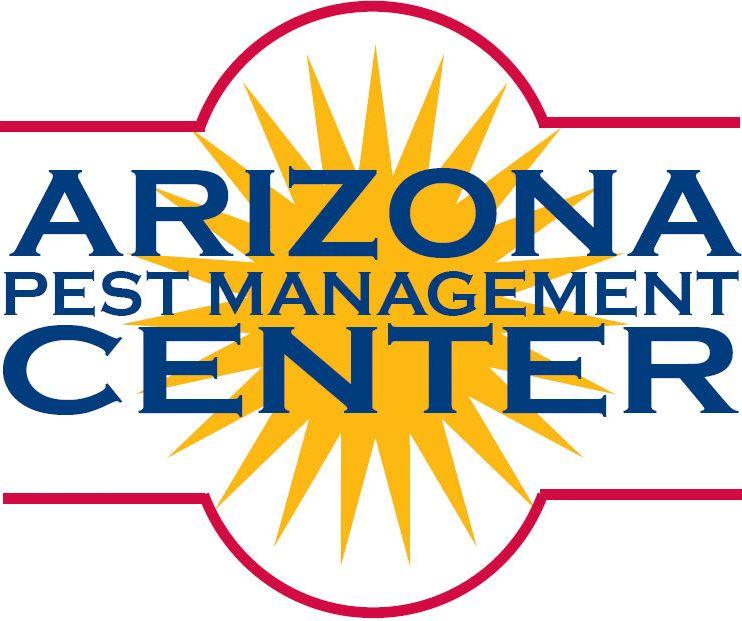Arizona School IPM Conference
Stop School Pests
Public Health IPM
Handbook on Pests of Community Environments in the Desert Southwest United States
Description of the Project
Team Members
Strategy Meeting
Logic Model
IPM Shorts
Events
Awards
Selected School Participants
IPM Assessment Tools
The Arizona "School IPM Inside and Out" Extension program is run by the Community IPM leadership team. This is a multi-disciplinary group with expertise in diverse fields relevant to implementation of sustainable IPM programs. This unique program aims at providing school districts with a "one-stop expert advice system" to establish sustainable IPM programs covering indoor and outdoor school environments; an approach which is widely appreciated by stakeholders.
What has been done?
The University of Arizona Community IPM Leadership Team, part of Cooperative Extension in the College of Agriculture and Life Sciences, provides multidisciplinary expertise to help schools implement safe and effective Integrated Pest Management (IPM) programs that reduce risks from pests (insects, rodents and weeds) and pesticide use in schools, landscapes and playing fields. IPM is an economically viable and environmentally sound strategy that is the safest and most cost-effective way to reduce pest problems in schools. School personnel are trained to inspect and maintain sanitary conditions in classrooms to prevent pest infestations from occurring in the first place. Only the safest of pest control options are included in sustainable IPM strategies.
Impact
Practicing IPM in schools reduces pest incidence by an average of 78 percent and pesticide use by 71 percent. In Arizona, pest incident reports have dropped by 85 percent for all School IPM programs combined. School districts partnering with the School IPM program during 2013 reported reduced pesticide inventories. An analysis of pest control products used in schools showed that all products labeled "Warning" and "Danger" were eliminated from 75 percent of districts partnering on the Indoor and Out program. Roving bed bug incidence was reduced by more than 75 percent as a result of adopting a bed bug IPM policy in one inner-city high school district.
The program is a collaborative effort that includes extension, university, government, private and non-profit organizations and individuals. http://extension.arizona.edu/sites/extension.arizona.edu/files/pubs/az1579-2014.pdf
Leadership Team
Dawn Gouge,
Entomologist and Community IPM expert since 2000 focuses on public health pests. Research efforts focus on pest ecology and reduced-hazard management of pests.
Shaku Nair,
Community IPM coordinator works with team members to develop and implement priority extension programs for Community Integrated Pest Management (IPM) statewide.
Shujuan (Lucy) Li,
Public Health IPM, helps in all aspects of program development for the Community IPM programs.
Al Fournier, Entomologist and Associate Director of the Arizona Pest Management Center at the University of Arizona since 2005, works with faculty and stakeholders to identify needs and evaluate IPM programs for both agricultural and built environments.
Ursula Schuch, Environmental Horticulture specialist since 2000. Research focuses on horticultural practices that keep landscape plants healthy and functional with minimal input. Specific projects include irrigation management of landscape trees, irrigation to optimize establishment of plants after transplanting, and salinity tolerance of landscape plants.
Kai Umeda, Extension Agent for Turfgrass Science, develops and conducts educational extension programs to assist professional turfgrass managers in solving priority problems using research based information and technology.
Additional County Based Team Members
Hattie Braun, County Director and Master Gardener Coordinator, Coconino County Cooperative Extension
Jeff Schalau, Director, Yavapai County Cooperative Extension
Elisabeth Alden, Federally Registered Tribal Extension Program, Mohave County
Patty Merk, Regional Specialist and Area Agent, Maricopa County Cooperative Extension

School IPM Inside and Out Logic Model
Why Pesticide Application Notifications in Schools are Important
Honey Bees in Community Enrironments - Identification and Biology
Integrated Pest Management for Wild Honey Bees in Community Enrironments
Education Award Winners, 2014
Interview Guide 2014
Inspection Checklist
Outdoor Assessment score sheet
Cost calculaor
IPM STAR
